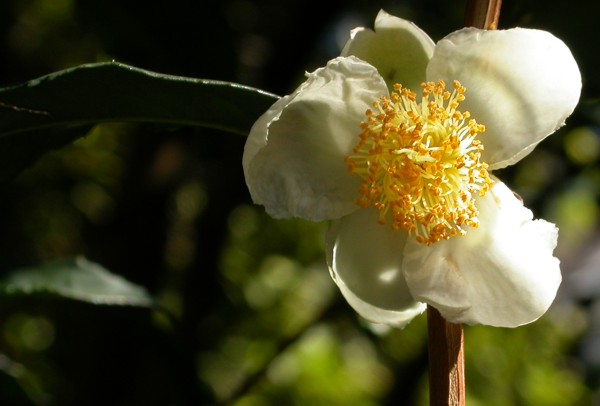| Lyannaj End-Karayib |
| 2003-2004 : 150 ans de présence indienne en Guadeloupe et en Martinique. |
Sri Lanka's Tea Workers
Get Citizenship
Aujourd'hui encore des descendants de travailleurs tamouls luttent pour la reconnaissance de leurs droits. |
|
| DAMBATENE, SRI LANKA, December 20, 2003:
Like their ancestors who worked for the British tea baron Sir Thomas
Lipton, the 200 workers at the Dambatene tea plantation have spent
their lives toiling in the lush fields that sprawl over this tropical
island off the southern tip of India. And like the tea workers – nearly all Hindus – for centuries before them, the Dambatene workers were the stateless of Sri Lanka – among hundreds of thousands of ethnic Tamils descended from Indians who were brought as workers during British colonial rule. Unable to own property, denied government jobs and living without the basic documents of the modern world -- passports, birth certificates, marriage papers – they survived on the fringes of society. The national census listed 860,500 Tamils in the stateless category in 2001. But, as Sri Lankans struggle to bring peace after two decades of ethnic war, stateless Tamils are finally gaining citizenship under a law passed by Parliament in October. The stateless tea workers are descendants of Tamil laborers who were brought to the island, then known as Ceylon, in the 1700s by British planters. After Britain granted independence in 1948, plantation workers were denied citizenship in Sri Lanka. Sri Lanka's government remained reluctant to grant citizenship to people of Indian origin. However, before the 2001 Parliament elections, the Ceylon Workers Congress traded its political support for a promise by Prime Minister Ranil Wickremesinghe's party to give citizenship to stateless Tamils. |
| |

